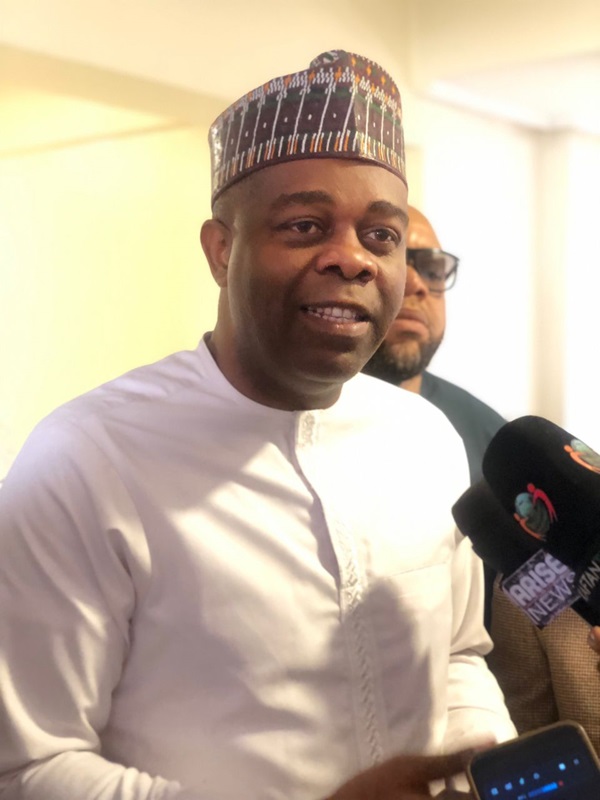
The National Health Insurance Authority (NHIA) has revealed that it is spearheading an innovative strategy to address healthcare access challenges in Nigeria by seamlessly integrating government support with private sector innovation.
The director-general of NHIA, Dr. Kelechi Ohiri emphasised this groundbreaking approach during the forum of CEOs of State Social Health Insurance Agencies (SSHIAs) quarterly review meeting held in Abuja.
Ohiri underscored the importance of tailoring solutions to Nigeria’s specific context and needs, recognising the nation’s unique trajectory in the global healthcare landscape. While citing examples from other countries like the UK’s tax-based system and Germany’s social health insurance scheme, he emphasised the distinctiveness of Nigeria’s approach.
A key element of Nigeria’s strategy involves acknowledging the limitations of the market in serving vulnerable populations. Ohiri highlighted the government’s commitment to subsidising healthcare for the needy, promoting social solidarity and bridging the healthcare gap. This commitment reflects an understanding of the diverse healthcare needs of the population and aims to ensure that essential services are accessible to all.
Ohiri commended Nigeria’s dynamic private sector, drawing parallels with the transformative impact of the telecom industry. Leveraging this entrepreneurial spirit, the government seeks to harness private sector innovation to enhance healthcare access. The collaboration between the public and private sectors is seen as a powerful mechanism to drive innovation and improve the overall efficiency of the healthcare system.
The importance of data-driven decision-making was emphasised, indicating a commitment to optimising resource allocation for maximum impact. Ohiri stressed that by synergising government support and private sector innovation, Nigeria aims to ensure universal financial access to healthcare. This approach sets a precedent for tailored, sustainable solutions that consider the unique needs and challenges of the Nigerian population.
Throughout the implementation process, the government emphasises transparency and public engagement. Ohiri highlighted the goal of establishing a healthcare system that caters to the needs of all Nigerians, irrespective of their socioeconomic status. This commitment to inclusivity and accessibility reflects a broader vision of healthcare as a fundamental right for every citizen.
NHIA’s role in providing financial protection to the health poor was outlined by Ohiri, who emphasised the three key agendas: increasing enrollment, promoting equity, and ensuring quality care. These agendas align with NHIA’s mission to mitigate catastrophic healthcare costs and expand coverage, contributing to the overarching goal of reducing health poverty in Nigeria.
Despite the challenges faced by NHIA, Ohiri expressed the organisation’s steadfast commitment to its mission. He emphasised the need for strategic partnerships to achieve expanded coverage and improved access nationwide. Strengthening state health insurance agencies and fostering collaboration with the private sector were highlighted as key components of NHIA’s plans to enhance efficiency and sustainability in the mixed healthcare system.
NHIA’s innovative strategy represents a bold step towards redefining healthcare access in Nigeria. The synergy between government support and private sector innovation exemplifies a holistic and adaptive approach to address the complexities of the healthcare landscape. As NHIA continues to navigate challenges and forge strategic partnerships, the vision of a more inclusive, efficient and sustainable healthcare system for all Nigerians comes into sharper focus.

